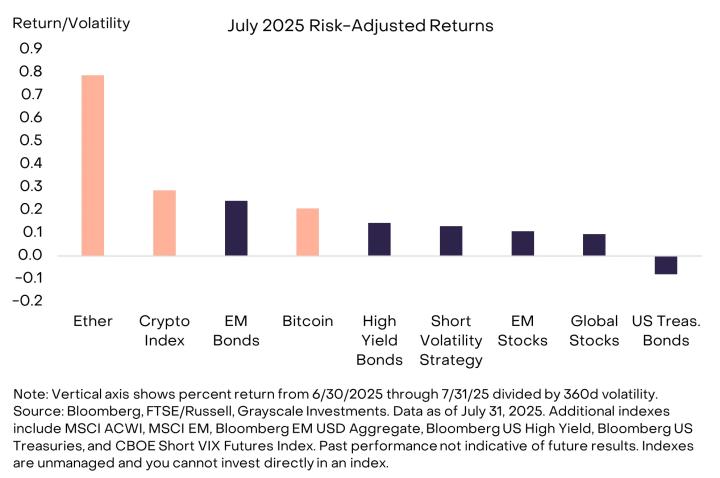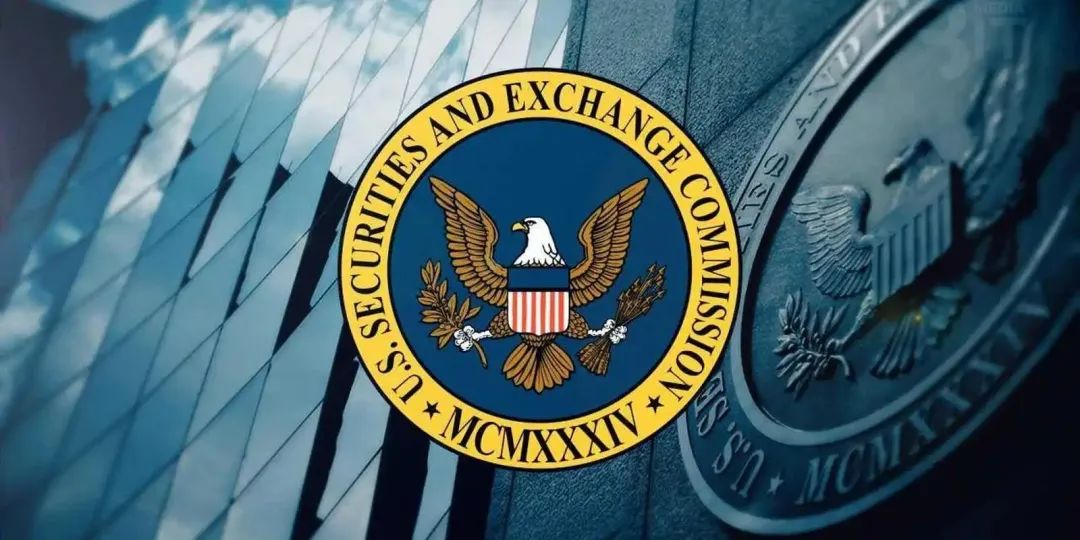Author: SIMON JOHNSON
Translated by: Bitpush
After passing an important cryptocurrency legislation (the GENIUS Act) and with more bills under review (the CLARITY Act has passed the House), the United States is poised to become a major center for crypto-related activities, or even—if taken literally by former President Donald Trump—the "crypto capital of the world".
But those supporting the new legislation should be careful not to shoot themselves in the foot.
Unfortunately, the crypto industry has already gained such enormous political power—primarily through political donations—that the GENIUS Act and CLARITY Act are designed to prevent reasonable regulation. The result is likely to be an epic boom-bust cycle.
Historically, the main advantage of U.S. financial markets compared to other countries has been their relatively higher transparency, which enables investors to better understand risks and make more informed decisions. The U.S. also has strict anti-conflict of interest regulations, requiring fair treatment of investors (including protecting their assets through proper custody arrangements) and limiting the risks many financial companies can take.
This framework is neither accidental nor purely formed through market competition. Instead, it is the result of wise laws and regulations created in the 1930s after a major disaster (the Great Depression), which have since evolved reasonably. These rules are the primary reason why it is so easy to do business in the U.S., bring new ideas to market, and raise capital to support various innovations.
Any individual entrepreneur, or even a potential emerging industry like cryptocurrencies, might be frustrated with these rules, claiming they are different from anything the world has seen before. But the risks brought by financial innovation affect the entire financial system, not just individual investors. The focus of regulation is on protecting the whole.
Many major economies—including the U.S.—learned this through painful lessons. Over the past 200 years, they have experienced severe financial turbulence and even systemic collapses. One such collapse was a primary cause of the Great Depression, which began with the stock market crash in 1929 and spread to many banks (and other investments), destroying the wealth and dreams of millions of Americans. Avoiding repeating such mistakes has long been an important policy goal.
However, the GENIUS Act does not advance this goal. The law creates a framework for stablecoins issued by U.S. and foreign companies. Stablecoins are an important emerging digital asset designed to maintain stable value relative to a specific currency or commodity (with the U.S. dollar being the most popular anchor). Stablecoins are useful for investors active in crypto trading, allowing them to move in and out of specific crypto assets without going through the traditional (non-crypto) financial system. We should expect significant demand for stablecoins, including from non-financial companies like Walmart and Amazon that want to bypass existing payment systems.
The business model of stablecoin issuers is similar to banks: they earn interest by investing their reserves, and according to this legislation, they pay zero interest on stablecoins. This provides stablecoin issuers with sufficient motivation to invest at least part of their reserves in higher-risk assets for better returns. This will become a major source of vulnerability, especially when issuers are licensed by lenient state-level agencies.
In fact, from a systemic perspective, the main flaw of the GENIUS Act is its failure to effectively address the inherent bank run risk of stablecoins by preventing regulators from establishing strong capital, liquidity, and other safeguard measures.
When any stablecoin issuer—domestic or foreign—runs into trouble, who will intervene, and by what authority will they prevent the problem from spreading to the real economy, as happened in the 1930s?
Simply applying bankruptcy law to failed stablecoin issuers will inevitably cause serious costs to investors, including long delays in recovering remaining funds. This will almost certainly exacerbate bank runs on other stablecoin issuers.
It is worth being wary that if the GENIUS Act is truly intended to maintain the U.S. dollar's global reserve currency status and boost U.S. debt demand, as its proponents claim, why does Section 15 allow foreign issuers to invest reserves in assets like their own (high-risk) government debt—even if these debts are not denominated in U.S. dollars?
It can be foreseen that regulatory agencies will tacitly allow or even encourage such operations. At that time, we will face a ridiculous situation: so-called "stablecoins" carrying U.S. dollar payment obligations, with reserve assets largely composed of non-dollar assets—should the U.S. dollar significantly appreciate (spoiler alert: liquidity crises, solvency doubts, and bank run storms will follow), this absurd asset mismatch will be exposed.
An even greater crisis looms—especially if the Senate passes any version of the CLARITY Act. This legislation will allow conflicts of interest and self-dealing to proliferate at a level unseen since the 1920s. Even more serious are national security concerns: the GENIUS Act and CLARITY Act, to some extent, even facilitate the continued use of stablecoins (and broader cryptocurrencies) for illegal financial transactions.
The United States is likely to become the global cryptocurrency center, where under its emerging legislative framework, a few wealthy individuals will become even wealthier. But when Congress eagerly caters to the crypto industry's demands, it exposes the U.S. and the entire world to the real risk of financial panic reoccurrence—which could cause severe economic damage, meaning massive unemployment and wealth evaporation.







